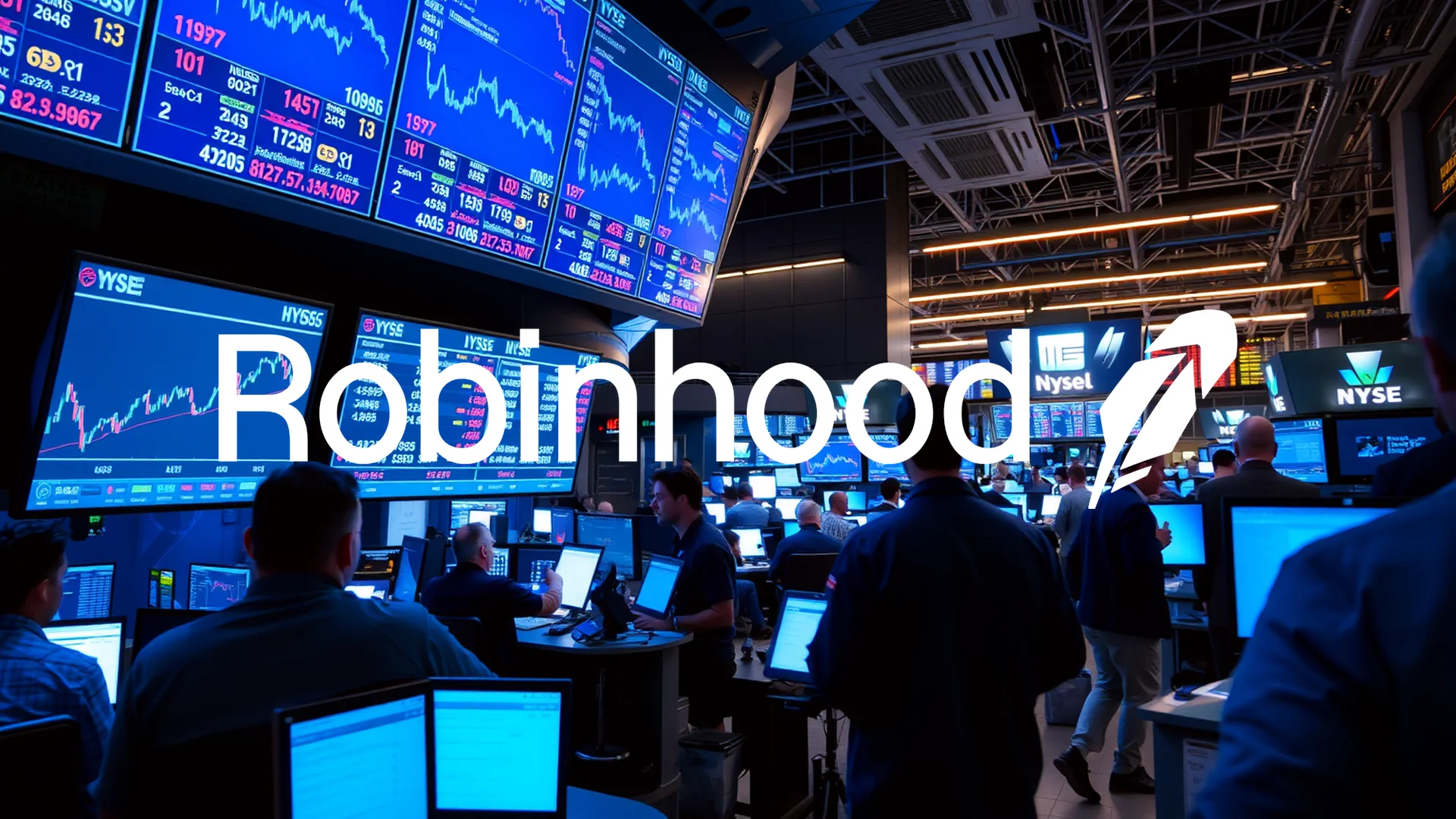Robinhood Markets is making an ambitious move to open up venture capital investments in artificial intelligence to its retail client base, a market segment traditionally dominated by large institutional players. The trading platform’s new fund initiative arrives at a critical juncture for the company, whose shares have faced recent pressure despite posting blockbuster quarterly results.
Democratizing Private AI Investments
Through its Robinhood Ventures division, the company is preparing to launch a fund focused on acquiring stakes in what it describes as “five or more premier private enterprises” within the artificial intelligence sector. Chief Executive Vlad Tenev has articulated a clear objective: providing everyday investors with exposure to the rapid growth occurring in private AI companies. This expansion significantly broadens Robinhood’s mission of financial market democratization, moving beyond conventional stock and cryptocurrency trading into the venture capital arena.
The strategic direction aligns with exploding investor interest in artificial intelligence. Private market valuations across the AI sector have skyrocketed throughout the past year, and Robinhood aims to capture a portion of this growth while bringing along its 26.8 million funded customers.
Contrasting Performance: Strong Fundamentals Meet Weak Investor Sentiment
The venture capital announcement coincides with a challenging period for Robinhood’s stock price. On November 5, the company revealed spectacular third-quarter performance, with net revenue doubling year-over-year to reach $1.27 billion. Net income surged dramatically by 271% to $556 million.
Should investors sell immediately? Or is it worth buying Robinhood?
However, investor enthusiasm proved short-lived. The robust earnings report was accompanied by news that Chief Financial Officer Jason Warnick will retire during the first quarter of 2026. Although his replacement, Shiv Verma, represents an experienced internal finance veteran, executive transitions at this level typically unsettle investors. Combined with increasing operational expenditures, these developments triggered an almost 11% share price decline following the earnings announcement, with shares falling another 2.91% the subsequent Tuesday.
Strategic Diversification or Unnecessary Risk?
Market experts express divided opinions on Robinhood’s new direction. The company continues to pursue aggressive diversification, recently introducing prediction markets and forming a mortgage partnership with Sage Home Loans. Its cryptocurrency division demonstrates particularly strong momentum, generating a 300% revenue increase.
Nevertheless, private equity investments introduce substantial complexity and risk factors that differ significantly from Robinhood’s core operations. Despite these concerns, optimistic perspectives currently prevail among analysts. Mizuho Securities raised its price target following the Q3 results, while prediction markets are reportedly generating over $100 million in annualized revenue. On November 11, President Capital upgraded its rating on Robinhood shares from “Neutral” to “Buy.” The company indicated its fourth quarter began powerfully, with October setting new records for trading volumes across multiple asset classes.
The central question remains whether this AI-focused fund will evolve into a sustainable revenue pillar or become a costly distraction during turbulent market conditions.
Ad
Robinhood Stock: Buy or Sell?! New Robinhood Analysis from February 7 delivers the answer:
The latest Robinhood figures speak for themselves: Urgent action needed for Robinhood investors. Is it worth buying or should you sell? Find out what to do now in the current free analysis from February 7.
Robinhood: Buy or sell? Read more here...













